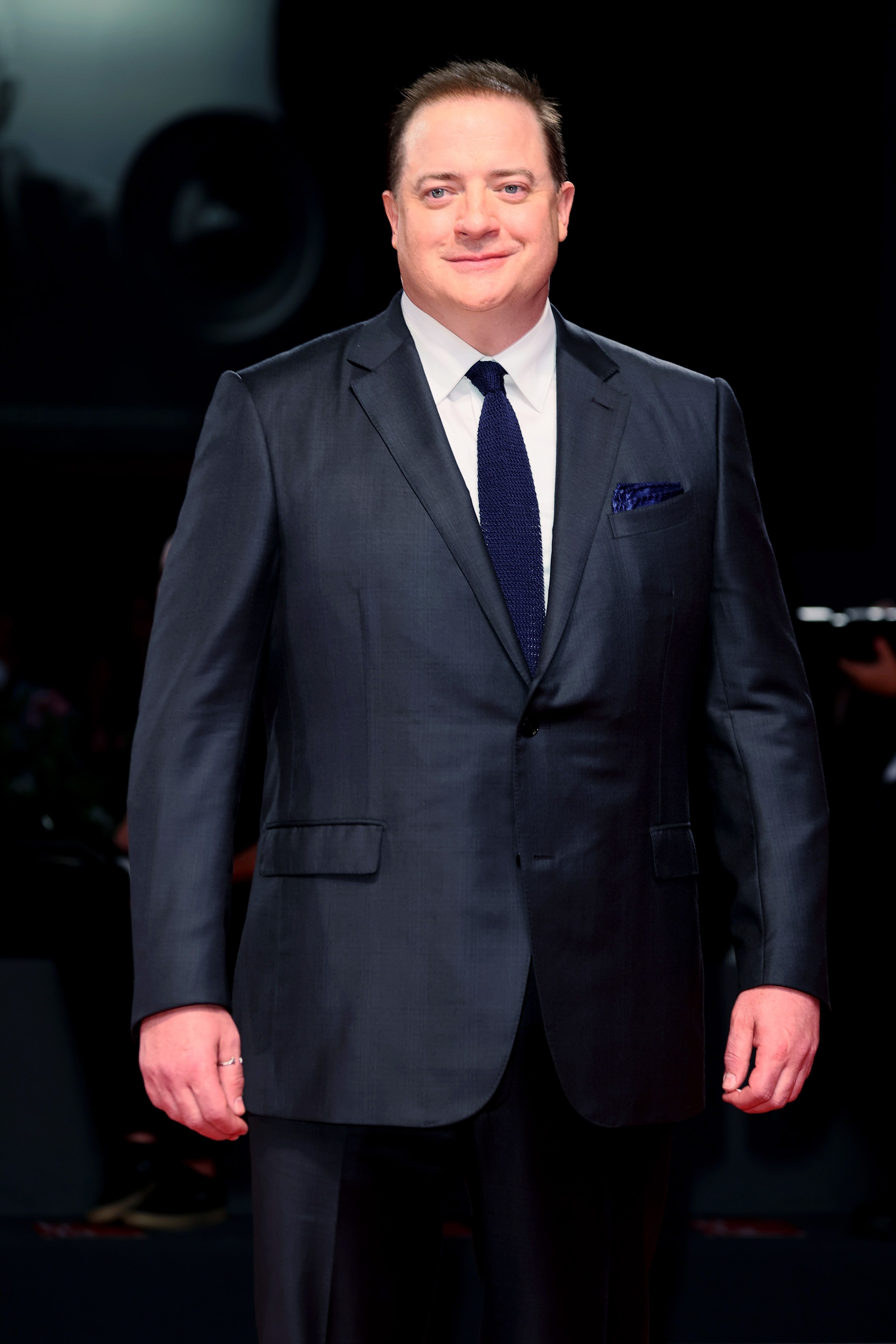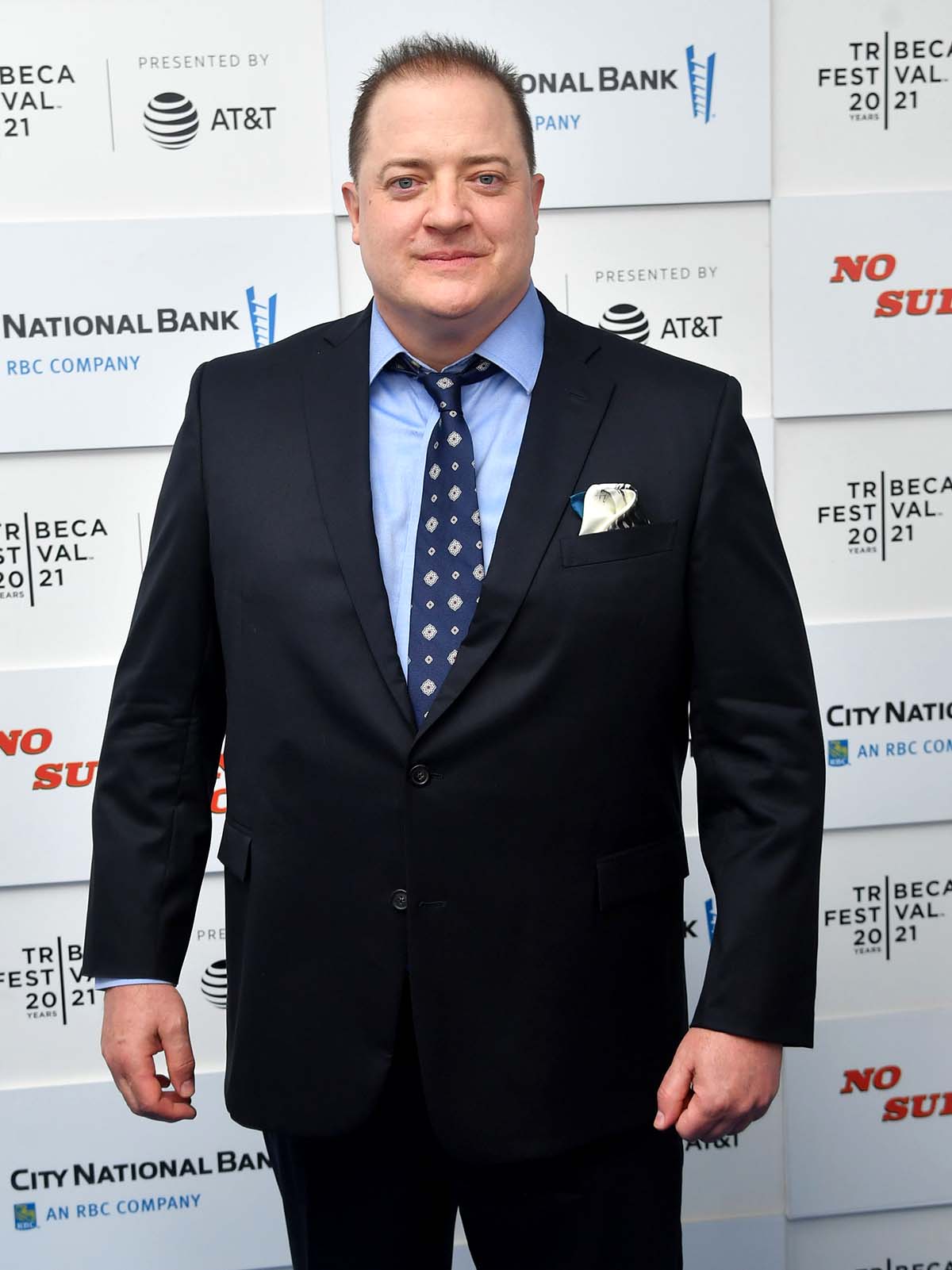Can a Hollywood comeback truly be a second act of triumph? Brendan Fraser's journey, marked by both soaring success and a period of near-disappearance, has culminated in a triumphant return, proving that resilience and raw talent can indeed redefine a career.
The name Brendan Fraser once echoed through the halls of Hollywood as a symbol of youthful exuberance and box-office gold. From the slapstick charm of Encino Man and George of the Jungle to the adventurous spirit of The Mummy franchise, Fraser captivated audiences with his physicality, humor, and genuine warmth. However, the actor's trajectory took an unexpected turn, leading to a prolonged absence from the spotlight, fueling speculation and leaving fans wondering what had become of the beloved star. Now, Fraser is back, and his return is not just a resurgence but a renaissance, marked by an Academy Award win and critical acclaim that solidifies his status as a true artist.
To understand the magnitude of this comeback, it's essential to delve into the life and career of Brendan Fraser, exploring the highs, the lows, and the eventual triumph that has captivated the world.
| Category | Details |
|---|---|
| Full Name | Brendan James Fraser |
| Date of Birth | December 3, 1968 |
| Place of Birth | Indianapolis, Indiana, USA |
| Nationality | American, Canadian |
| Education | Cornish College of the Arts, BFA in Theater |
| Notable Roles |
|
| Awards & Accolades |
|
| Personal Life |
|
| Career Highlights |
|
| Professional Information |
|
| Reference Website | IMDb - Brendan Fraser |
Fraser's journey began with roles that perfectly captured the spirit of the 1990s. Films like Encino Man and George of the Jungle showcased his physical comedy and boyish charm, solidifying his position as a leading man. These roles established the blueprint for what would become known as the himbo archetype – a buff, approachable, and often endearing character. This was a time of immense popularity, with each new release generating significant buzz.
The Mummy franchise elevated Fraser to a new level of stardom. As Rick O'Connell, he embodied the adventurous spirit of the classic hero, balancing action, humor, and genuine heart. The films were major box-office successes, cementing Fraser's place as a global star. Yet, even at the peak of his fame, challenges were beginning to surface.
The road back for Fraser was not easy. The actor has spoken openly about the personal struggles he faced during his self-imposed exile, including a 2003 incident of sexual assault that led to depression and a subsequent period of self-doubt. In an interview with GQ, Fraser revealed the impact of speaking out about the incident. These personal struggles coupled with physical injuries sustained while performing his own stunts, further contributing to the decline of his career.
Despite the challenges, Fraser never truly disappeared. He continued to work, taking on smaller roles and exploring character work in independent films. However, the blockbuster roles and the widespread recognition that defined his earlier career had faded.
The tide began to turn with the release of the DC Universe series Doom Patrol, in which Fraser provided the voice and motion-capture performance for Cliff Steele, aka Robotman. This role marked a significant step in his return to the public eye, showcasing his ability to deliver powerful performances.
Then came The Whale. Directed by Darren Aronofsky, the film presented Fraser with a transformative role – Charlie, a reclusive English teacher struggling with obesity and seeking to reconnect with his estranged daughter. The prosthetics required for the role presented unique challenges, as Fraser himself has pointed out. The film was a dramatic departure from his earlier work, and it gave Fraser the opportunity to showcase his depth and vulnerability as an actor. His performance was universally praised, earning him standing ovations at film festivals and, ultimately, the Academy Award for Best Actor.
The Oscar win was not just a victory for Fraser; it was a moment of collective celebration. It represented the culmination of a long and arduous journey, a testament to his resilience, talent, and the enduring power of redemption. In his acceptance speech, Fraser expressed gratitude, acknowledging the challenges he had overcome and the support he had received along the way.
Fraser's comeback is a testament to the power of perseverance and the willingness to confront personal challenges. He reinvented himself. He did not let those challenges define him. Instead, he used them as fuel for his artistry. His return has resonated with audiences who have followed his career.
The silence, once deafening, has been replaced by cheers. Fraser's story offers a powerful reminder that setbacks do not have to be the end. With talent, determination, and a willingness to be vulnerable, a career can be reborn and a legacy redefined.
Fraser's influence extends beyond his roles. His impact on the cultural landscape is undeniable, especially through the himbo archetype. His performances in films such as Encino Man, George of the Jungle, and Blast from the Past have set the standard for the modern leading man, showcasing both humor and physicality.
Moreover, Fraser's willingness to discuss his experiences with sexual assault has added another layer to his persona, demonstrating his courage and vulnerability. It's a reminder of the strength needed to speak out and the impact that can have on others. His story is a beacon of hope.
Brendan Fraser's journey is a fascinating study in the evolution of a star. His success in The Whale proves that talent, combined with perseverance, can lead to a spectacular resurgence. As his star continues to rise, one can only wonder what the next act holds for this remarkable actor.
The return of Brendan Fraser signifies more than a successful comeback; it’s a testament to the enduring power of the human spirit. He continues to inspire, reminding us that even after the longest of journeys, the most spectacular of feats are still possible.



